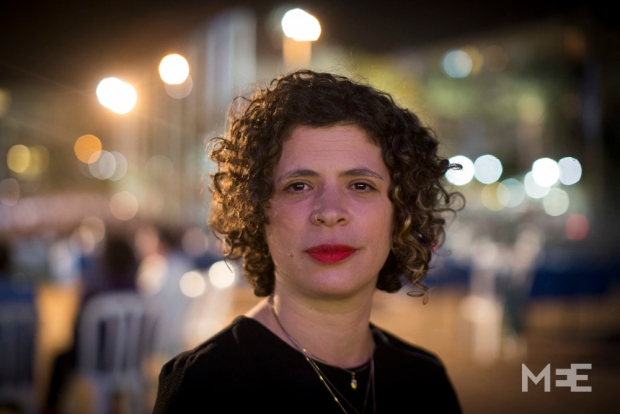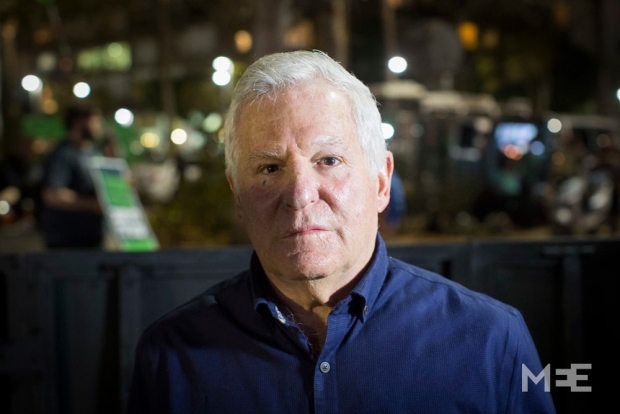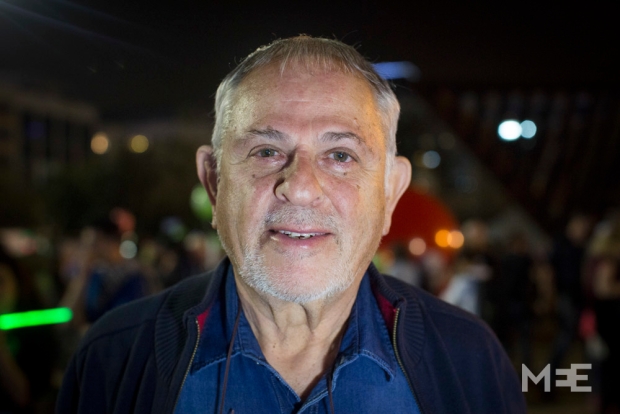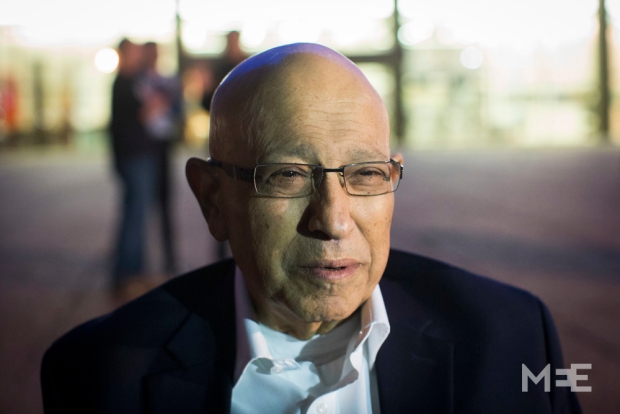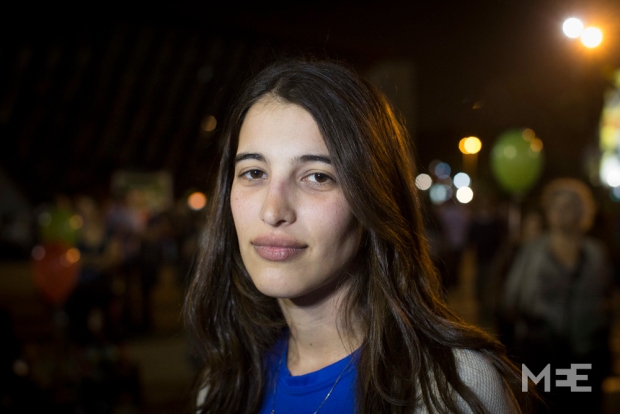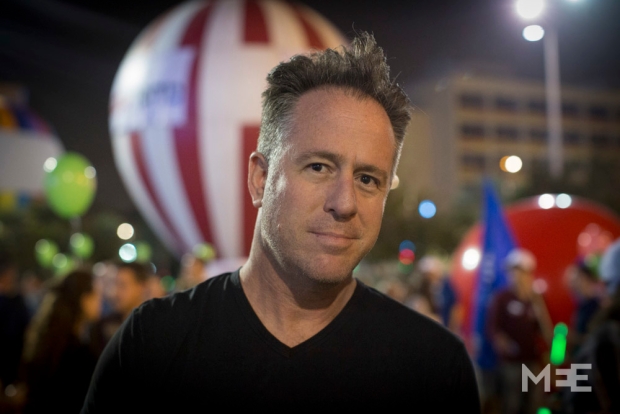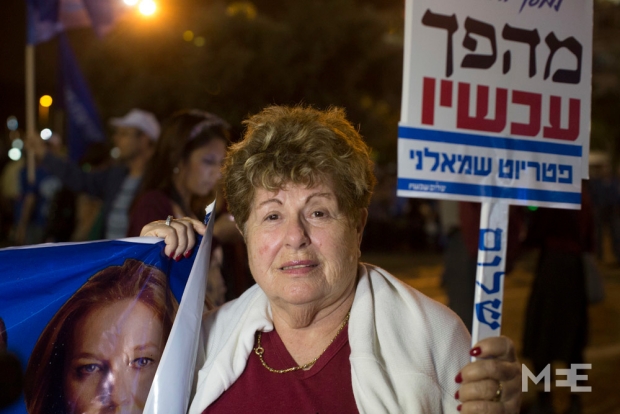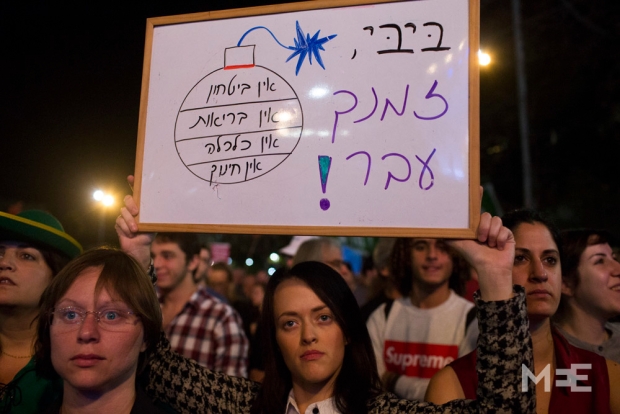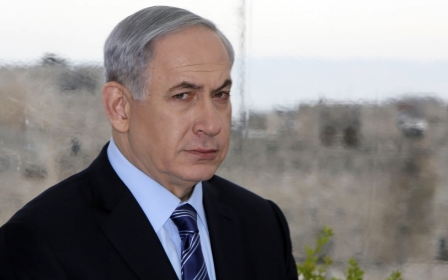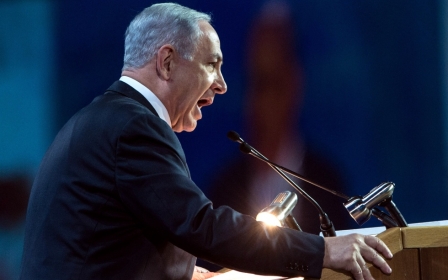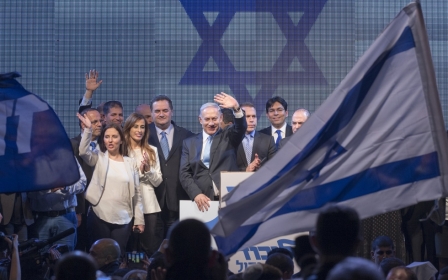Ten of thousands of Israelis protest against Netanyahu
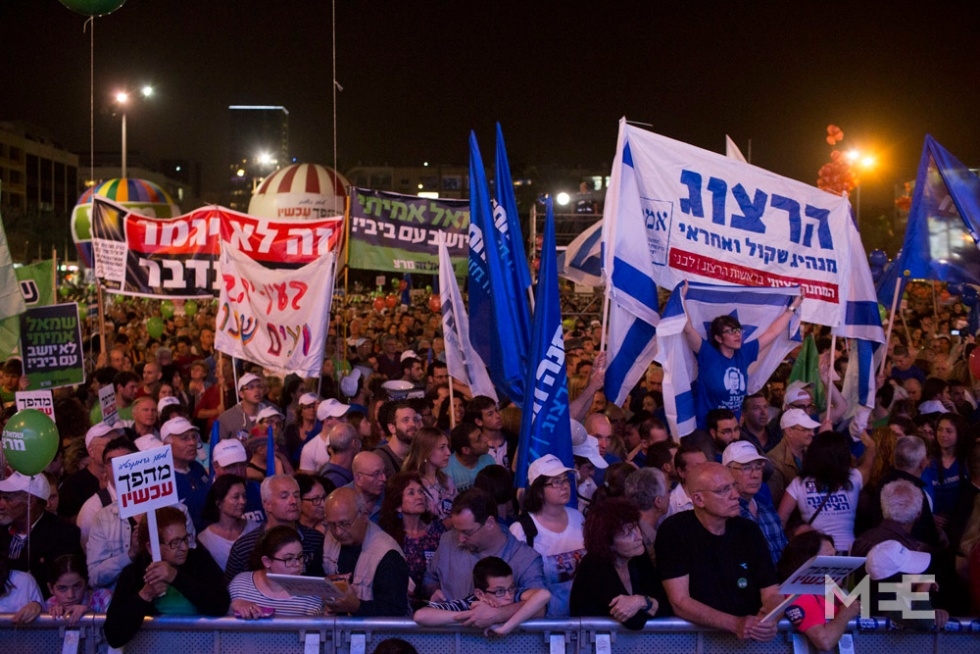
TEL AVIV - Ten days before Israel’s general election, more than 40,000 Israelis took to central Tel Aviv on Saturday evening, calling for the replacement of Israeli Prime Minister Benjamin Netanyahu.
The protest, organised by the V15 movement, a grassroots movement that stands for Victory 2015, was the largest demonstration so far during this year’s elections – and the first time since Netanyahu came to power in 2009 that Israeli voters in such large numbers have demanded a new government.
Their main message, shared in the city’s Rabin Square, was that Netanyahu has led Israel into a catastrophe both diplomatically and domestically.
Knesset members did not speak at the event, which was not associated with any political party. Only social justice activists, a woman who lost her husband in the last war in Gaza, and former members of the Israeli security forces were invited to speak.
In a rare public speech, former Mossad chief Meir Dagan, who once worked closely with the prime minister, spoke out against the continuation of Netanyahu’s six-year leadership at Israel’s helm and who, he said, has left the country “stuck more than ever”.
"We have a leader who fights only one battle - the battle for his survival. In the name of this war, he deteriorates us to a binational state and to the end of the Zionist dream,” Dagan said. “I don't want a binational state. I don't want an apartheid state. I don't want to occupy three million Arabs.
"We need a leadership that will define a new agenda. A leadership that instead of causing fear will create a better live for the citizens," he added.
Michal Kastan Kidar, a widow who lost her husband when he was serving in the Israeli army during the war in Gaza this summer, lamented the fact that no one spoke of peace processes any more and said political parties were not “speaking about the blood that was spilled here this summer”.
"Maybe because it is too scary or too hard,” Kidar said. “But I lost this summer my love of my life in a war, and I came here today to ask you that when you go to vote, vote for the one that will try to prevent the next war, the one that will do whatever possible to prevent more people from dying.”
After the speeches, only the core activists of the parties stayed to clean the posters and flyers that were left on the ground, getting ready for the last few pre-election days, during which they will criss-cross Israel, hoping to convince more people.
Recent polls published in Israeli media show a tight fight between the Likud and the Zionist camps, both aiming to attract the votes of those Israelis who are yet undecided.
As Netanyahu focuses on the issue of Iran, the Zionist camp is trying to turn public attention to domestic social matters, including the difficulties faced by many Israelis in buying a home and the lagging education system.
A month ago, the Likud party petitioned an Israeli court for an injunction against Sunday's protest organisers the V15 movement. Likud members said the group was funded by the Zionist Camp and Meretz political parties which broke a law that limits the amount of money each party can use on its campaign. They also claimed V15 was funded by the US-based NGO New Israel Fund.
The New Israel Fund flatly denied the claim and V15 filed a police complaint against Likud, claiming incitement.
Weeks later, an Israeli election committee ruled that the V15 movement did not break the law and ordered the Likud party to pay legal expenses.
Michal Kastan Kidar, a widow who lost her husband who was serving in the Israeli army during the war in Gaza this summer
Former Israeli general Amiram Levin
Ami Kuti, a protester who attended Saturday's demonstration
Former Mossad chief Meir Dagan
Kim Lavie, activist with the Zionist Camp party
Yigal Shtayim, Israeli activist
Aviah, a protester who didn't want to share her last name
Anat Lan, Israeli PHD student
New MEE newsletter: Jerusalem Dispatch
Sign up to get the latest insights and analysis on Israel-Palestine, alongside Turkey Unpacked and other MEE newsletters
Middle East Eye delivers independent and unrivalled coverage and analysis of the Middle East, North Africa and beyond. To learn more about republishing this content and the associated fees, please fill out this form. More about MEE can be found here.


